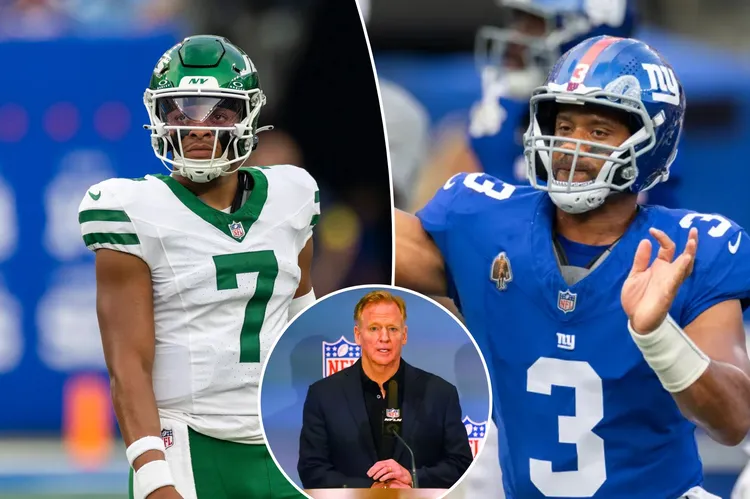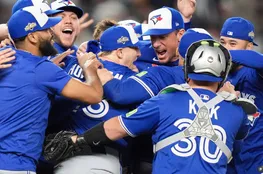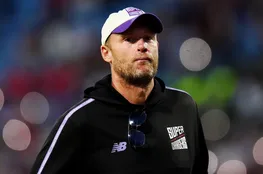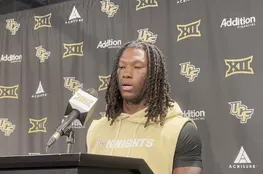It’s truly laughable to consider the NFL’s stated commitment to prioritizing its fans, a sentiment repeatedly echoed by Commissioner Roger Goodell. The situation surrounding the upcoming Giants versus Jets rivalry game exemplifies this disconnect, highlighting a concerning trend within the league’s strategy. The game, scheduled for a 1:00 PM kickoff, will be broadcast on separate television networks, a deliberate arrangement that underscores the NFL’s apparent focus on maximizing television revenue over fan satisfaction. This isn’t a singular anomaly; it’s a pattern increasingly observed as the league assigns what are often termed ‘garbage games’ – early-season matchups featuring teams deemed less significant – to lesser-watched networks. These games, typically played by teams with lower viewership potential, are frequently strategically scheduled to provide prime viewing slots for larger markets while simultaneously diminishing the value of the games for fans of the lower-tier teams involved. The core issue here is a fundamental misalignment between the NFL's public statements and its actual actions, creating a significant erosion of trust among its fanbase. The NFL’s approach to scheduling these games represents a calculated decision to cater to television networks rather than to the fans who passionately support both teams. It’s a clear indication that the NFL is willing to sacrifice the viewing experience for fans in favor of securing lucrative broadcast deals. The league's repeated claims of prioritizing fans ring hollow when viewed through this lens. The NFL’s actions demonstrate a prioritization of television contracts and market share over the genuine desires and experiences of its most important asset: its loyal fans. This strategic shift raises serious questions about the league’s long-term commitment to its supporters.
Historically, the NFL fiercely protected its New York metropolitan market, recognizing its importance as the league’s dominant two-team market and a crucial driver of television ratings. The league’s primary concern was maintaining a substantial audience for its most valuable games, and deliberately scheduling games to avoid splitting the New York audience was a cornerstone of its strategy. This approach, focused on maximizing viewership within key markets, has become increasingly apparent in recent years. However, this has shifted significantly in recent years, seemingly prioritizing financial considerations over the loyalty and engagement of its fanbase. The current arrangement, where the Giants and Jets face off on different channels, reflects a calculated decision to cater to television networks rather than to the fans who passionately support both teams. The league’s actions demonstrate a prioritization of television contracts and market share over the genuine desires and experiences of its most important asset: its loyal fans. This strategic shift raises serious questions about the league’s long-term commitment to its supporters. The NFL’s repeated claims of prioritizing fans ring hollow when viewed through this lens.
The ongoing trend of ‘garbage game’ scheduling further solidifies this perception, suggesting a lack of respect for the fans who invest their time, passion, and money into the NFL. These games, strategically scheduled to provide prime viewing slots for larger markets while simultaneously diminishing the value of the games for fans of the lower-tier teams involved, highlight a fundamental disconnect between the league's stated values and its operational choices. The impact of this strategy extends beyond just the Giants and Jets; it sets a precedent for how the NFL will treat teams and fans alike, potentially leading to a growing sense of disillusionment among supporters who feel undervalued and disregarded. The NFL’s repeated claims of prioritizing fans ring hollow when viewed through this lens. Ultimately, this situation raises serious questions about the NFL’s commitment to its fanbase, prompting a critical examination of the league’s priorities and its approach to engaging with its most important asset: its loyal fans. The core issue here is a fundamental misalignment between the NFL's public statements and its actual actions, creating a significant erosion of trust among its fanbase.
























